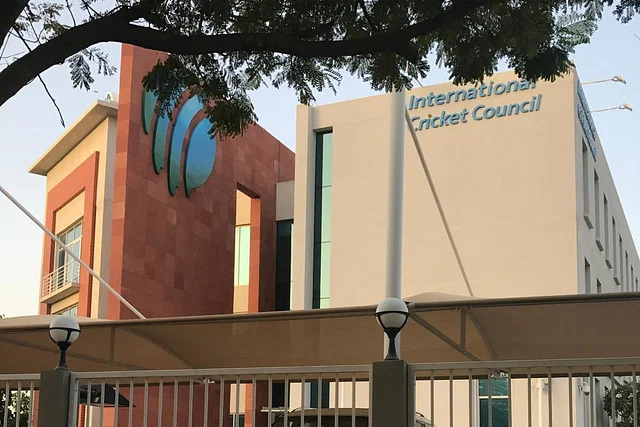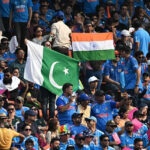India will not go to Pakistan to play in the Champions Trophy, and Pakistan is also unwilling to hold the tournament in a ‘hybrid model’. So, how will the tournament, scheduled to start on February 9 next year, proceed?
The issue surrounding the Champions Trophy remains unresolved, with neither the ICC, the Board of Control for Cricket in India (BCCI), nor the Pakistan Cricket Board (PCB) issuing any official statements so far.
Reports from Indian and Pakistani media suggest that the BCCI has written a letter to the ICC stating that they will not participate in the Champions Trophy in Pakistan. The ICC, in turn, informed the PCB about this letter. Upon receiving it, the PCB sought clarifications from the ICC on various points.
According to the latest reports, the ICC has requested further explanations from the BCCI regarding some of the points raised in the PCB’s letter. Thus, the fate of the Champions Trophy hangs in the balance amid this ongoing correspondence.
A report on Geo Super’s website, part of Pakistan’s Geo TV, mentions that the PCB’s letter to the ICC includes several key questions, including when the BCCI officially informed the ICC that it would not send a team to Pakistan for the tournament. If this is indeed an official decision by India, the PCB wants to know the reasons behind it. The PCB also wants a copy of the BCCI’s letter to the ICC so they can review it themselves. They are also seeking to know if the ICC has responded to the BCCI’s letter, and if so, what the response was.
A source within the PCB told Geo Super that if the ICC provides answers to these questions, the PCB will then consider taking legal action or consulting the Pakistan government on the matter.
The source also added that if India refuses to play in Pakistan for the Champions Trophy and the ICC accepts this, then no India-Pakistan match will take place in the tournament, regardless of where it is held. A tournament without an India-Pakistan match would result in a significant financial loss for the ICC.
According to reports in Indian media, the ICC is considering a hybrid model for the Champions Trophy, similar to the Asia Cup, where matches involving India would take place in another country, while the rest of the tournament would be held in Pakistan. Another option being considered is moving the entire tournament to another country while retaining Pakistan as the host. South Africa has been suggested as a potential alternative venue.
However, PCB sources have claimed that if Pakistan does not agree to the hybrid model, it will be difficult for the ICC to organize the tournament in this format. Without the host country’s consent, it is not feasible for the ICC to move the tournament or hold it in a hybrid model.
A PCB source cited the example of the 2009 ICC T20 World Cup, where the UK government had objected to granting visas to Zimbabwean citizens due to political reasons. Instead of moving the entire tournament from England, the ICC found a middle-ground solution, with Zimbabwe withdrawing from the tournament and being replaced by Scotland. This example illustrates that it is not easy for the ICC to move a tournament from its original host country without valid reasons, and it certainly cannot do so at the instruction of just one country.
Meanwhile, Cricket Pakistan reports that the PCB has been in contact not only with the ICC but also with other cricket boards to gauge their opinions on India’s stance.
Overall, the ICC finds itself in a complex situation. The report from Cricket Pakistan claims that the ICC will respond to the PCB’s questions based on the explanations received from the BCCI. Additionally, the ICC will seek advice from other boards to explore potential solutions to the problem.
With the Champions Trophy set to begin in about three months, the PCB has already made several preparations as the host. If an alternative solution is to be found, the ICC will need to act quickly.






